
Joe May was an Austrian film director and film producer and one of the pioneers of German cinema.
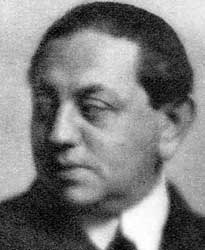
Paul Leni was a German filmmaker and a key figure in German Expressionism, making Hintertreppe (1921) and Waxworks (1924) in Germany, and The Cat and the Canary (1927), The Chinese Parrot (1927), The Man Who Laughs (1928), and The Last Warning (1928) in the United States.
Giuseppe Becce was an Italian-born film score composer who enriched the German cinema.

Cab No. 13 is a 1926 drama film directed by Michael Curtiz and starring Lili Damita, Jack Trevor and Walter Rilla.
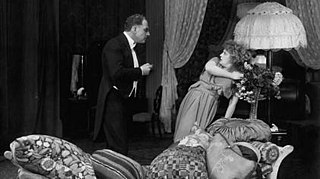
The Wandering Image is a 1920 German silent drama film directed by Fritz Lang and starring Mia May, Hans Marr and Rudolf Klein-Rogge. It is also known by the alternative titles of The Wandering Picture and The Wandering Shadow.
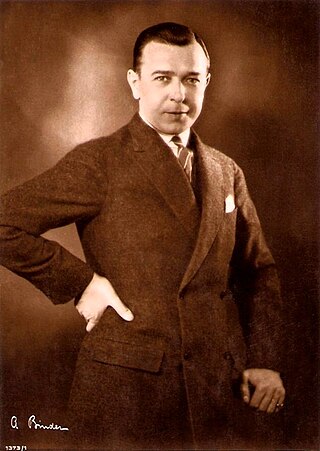
Georg Alexander was a German film actor who was a prolific presence in German cinema. He also directed a number of films during the silent era.

The Ufa-Palast am Zoo, located near Berlin Zoological Garden in the New West area of Charlottenburg, was a major Berlin cinema owned by Universum Film AG, or Ufa. Opened in 1919 and enlarged in 1925, it was the largest cinema in Germany until 1929 and was one of the main locations of film premières in the country. The building was destroyed in November 1943 during the Bombing of Berlin in World War II and replaced in 1957 by the Zoo Palast.

Albert Paulig was a German film actor who was popular during the silent era. Paulig made his first film in 1914. The following year he appeared in one of Ernst Lubitsch's first directorial attempts, A Trip on the Ice (1915). Paulig was in a number of Harry Piel, thrillers including The Man Without Nerves (1924).
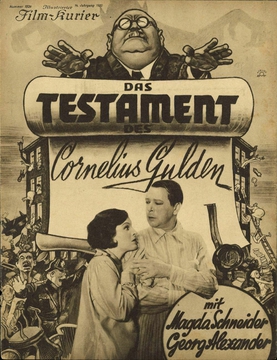
The Testament of Cornelius Gulden is a 1932 German drama film directed by E. W. Emo and starring Magda Schneider, Georg Alexander, and Theo Lingen. It is based on the 1930 novel of the same title by Ludwig von Wohl.

His Late Excellency is a 1927 German silent comedy film directed by Adolf E. Licho and Wilhelm Thiele and starring Willy Fritsch, Olga Chekhova, and Ernst Gronau. It was shot at the Tempelhof Studios in Berlin. The film's sets were designed by the art directors Erich Czerwonski and Günther Hentschel.
Rebel Liesel is a 1920 German silent film directed by Erich Schönfelder and starring Ossi Oswalda. The film's sets were designed by the art director Kurt Richter.
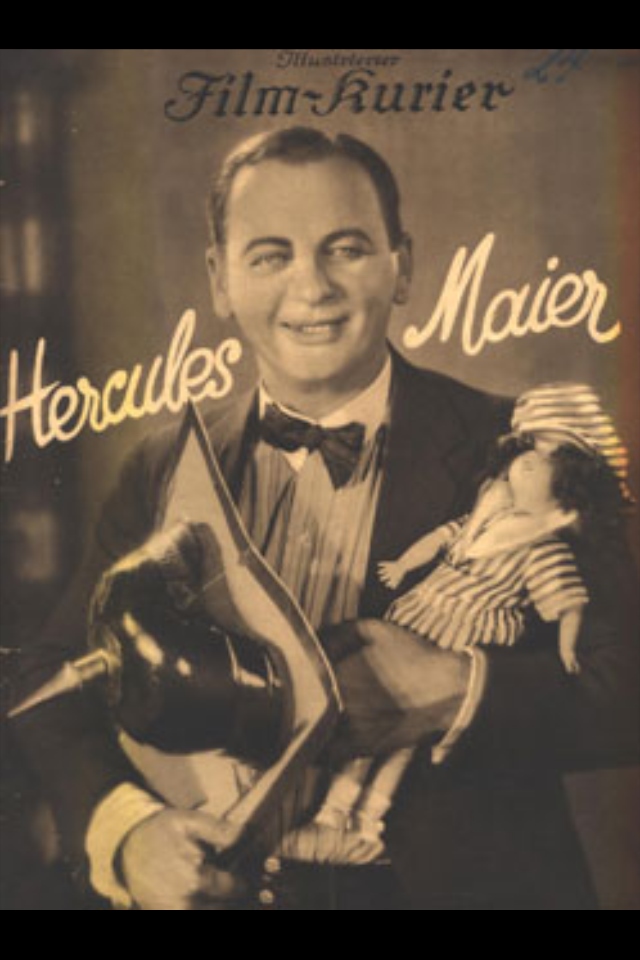
Herkules Maier is a 1928 German silent comedy film directed by Alexander Esway and starring Reinhold Schünzel, Claire Rommer and Ida Perry. It was shot at the Babelsberg Studios in Potsdam. The film's sets were designed by the art directors Arthur Schwarz and Julius von Borsody. It premiered at the Ufa-Palast am Zoo in Berlin.
The Flyer from Goerz is a 1918 German silent war film directed by Georg Jacoby and starring Ellen Richter, Harry Liedtke and Johannes Müller.

The Spinning Ball is a 1919 German silent drama film directed by Rudolf Biebrach and starring Ernst Hofmann, Olga Limburg and Martha Angerstein-Licho. It is an adaptation of the 1866 novel The Gambler by Fyodor Dostoevsky.

The Howling Wolf is a 1919 German silent crime film directed by Léo Lasko and starring Carl Auen, Meinhart Maur and Victor Janson. It was part of a series of films featuring the detective character Joe Deebs.
The Sons of Count Dossy is a 1920 German silent drama film directed by Adolf Gärtner and starring Albert Bassermann, Elsa Bassermann and Gertrude Welcker.
Seafaring Is Necessary is a 1921 German silent drama film directed by Rudolf Biebrach and starring Hans Marr, Lucie Höflich and Ilka Grüning. It is based on a novel by Gorch Fock.

Love at the Wheel is a 1921 German silent comedy film directed by Victor Janson and starring Ossi Oswalda, Janson and Rudolf Forster.

Strong Winds is a 1924 German silent film directed by Reinhold Schünzel and starring Maria Kamradek, Alwin Neuss and Albert Bennefeld.
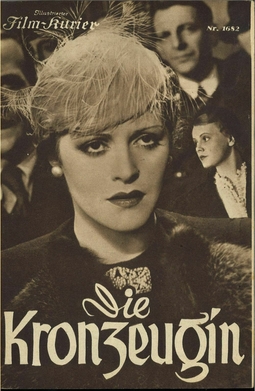
The Chief Witness is a 1937 German crime drama film directed by Georg Jacoby and starring Iván Petrovich, Sybille Schmitz and Sabine Peters. It was shot at the Babelsberg Studios in Berlin. The film's sets were designed by the art directors Otto Hunte and Willy Schiller. Location shooting took place in the Krkonose Mountains in Czechoslovakia and Zugspitze in Bavaria.















